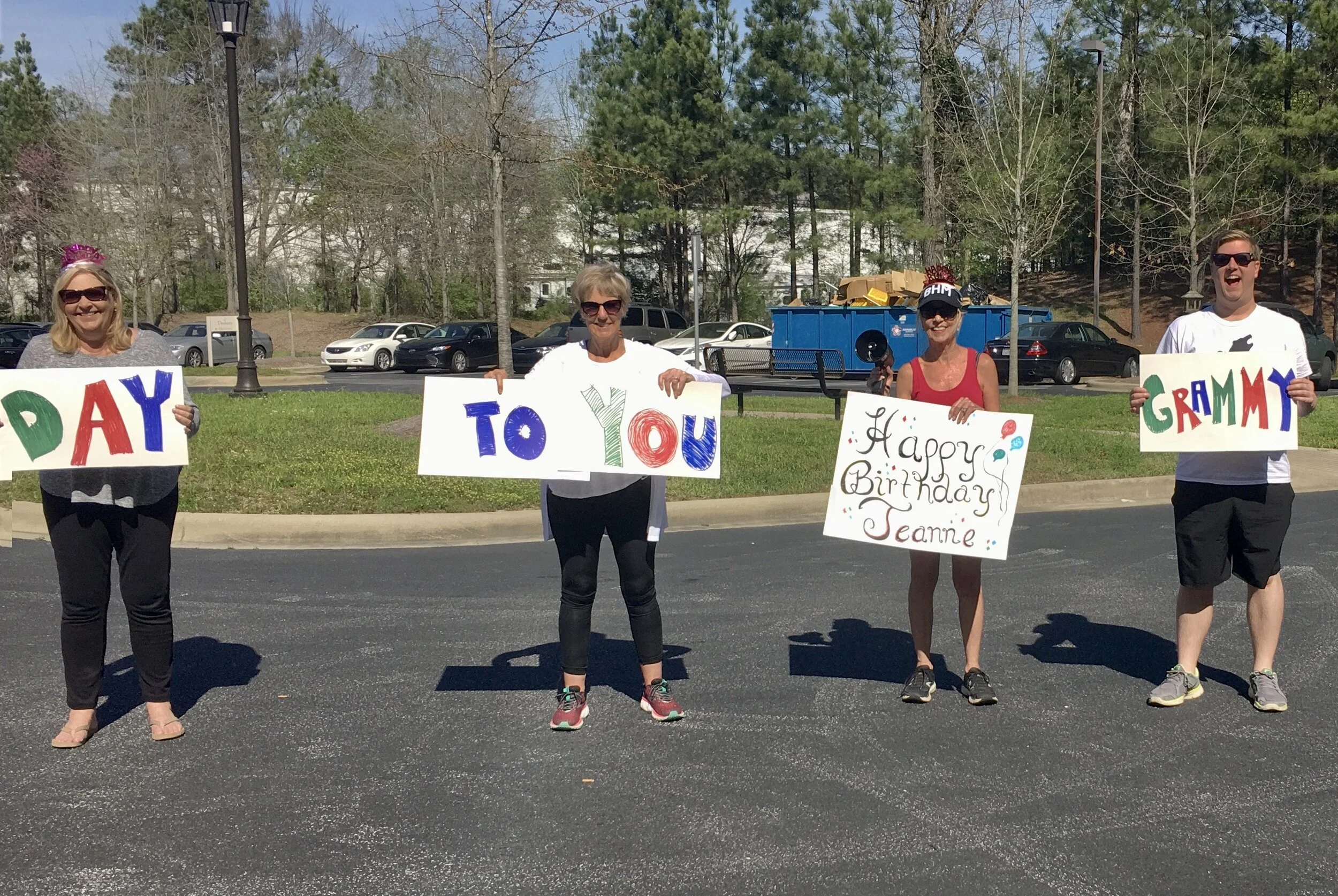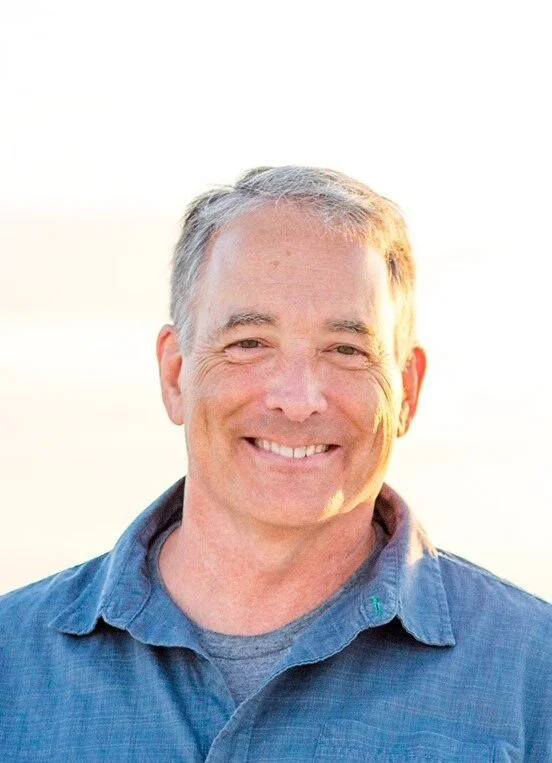How Will We Emerge? My Turn
How will we emerge? That’s the question I’m asking myself and others in this “unprecedented” year. If I tune into the daily news or read the statistics, that question ripples through me with uncertainty and fear. If I lay the uncontrollable “we” down, and focus on me, I can answer. I want to emerge with some “more” in a year filled with “less.”
This Advent: Wrestling Until We Rest
In the past month, we've attended too many funerals (masks and distancing making it even harder). For an 11-year-old boy who drowned in a creek. For a man who succumbed to suicide leaving a wife and three children. For a mother who died in her sleep five months pregnant. I’m flooded with “it-should-not-be-this-way” raging shouts in my head.
How Will We Emerge? Guest Contributors Pat and Tammy McLeod
In a recent large group Zoom meeting with Harvard students, I asked them to find two empty containers, labeling one Lost and the other Found. In small groups, we took five minutes silently to write our losses on slips of paper and place them in our Lost jar. We did the same with our Found jar, and then we shared with each other what we wrote—ambiguous loss made tangible.
I was introduced to the term ambiguous loss—having and not having—after my sixteen-year-old son suffered a brain injury playing football and became severely disabled for life.
How Will We Emerge? Guest Contributor Leslie Bustard
I met Leslie at the magical Laity Lodge at a conference in the summer of 2019. Little did either of us know what the next year would hold. The way she sees, the way she writes about what she sees, and the way she embraces her life and family reminds me of Annie Dillard’s quote, “How we spend our days is, of course, how we spend our lives. What we do with this hour, and that one, is what we are doing.”
How Will We Emerge? Guest Contributor Jim Branch
The third voice in this series of thoughtful people is Jim Branch, author of the Blue Book and other books, challenging us that this season may be teaching us less is more.
How Will We Emerge? Guest Contributor Gisela Kreglinger
The world has changed in a heartbeat—changed in ways that we could never have thought before. Sometimes I think of Mother Earth shaking us off her back because we have been handling her so poorly and now she is telling us to stop, become sensible, and listen.
How Will We Emerge? Guest Contributor Andi Ashworth
I’ve been thinking a lot about habits and how my daily rhythms steer the direction of my heart. This is true all the time, but there are particular things I’m aware of right now. The use of my smartphone is one of them.







